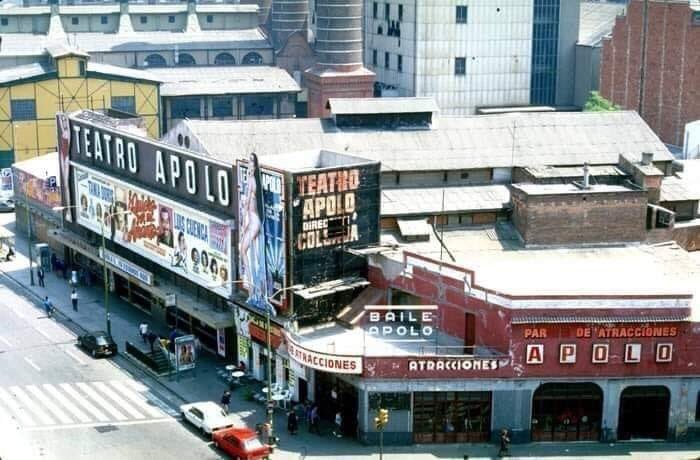
'ATRACCIONS APOLO': BEATING AT AVINGUDA PARAL·LEL'S SOUL
by OMAR ORNAQUE MOR
·
The history of Apolo Attractions, which began in 1935 as Autopark under Josep Vallés and changed its name definitively after the Spanish Civil War, is intertwined with the myth of Barcelona's Avinguda del Paral·lel. This avenue was the epicentre of the city's nightlife until it experienced a decline in the early 1980s. In the 1990s, Atracciones Apolo closed its doors permanently.
The golden age of Paral·lel, often referred to as Barcelona's Montmartre, flourished before the Spanish Civil War. Theatres, operas, variety shows, street performances, fortune singers and many other captivating acts provided entertainment sought after by both the working class and the elite. Vida Privada by Josep Maria de Sagarra offers a vivid depiction of this era.
The most famous and enduring attractions of Apolo included Les Coves del Drac, an innovative underground roller coaster, and Autogruta, a ride that took visitors through representations of various cities around the world. Other notable attractions included Ciudad Encantada, a labyrinth, Río Misterioso, La Casa de la Risa, El Salón de los Autómatas and the bumper cars. In 1943, a dance floor was also added.
With the decline of the park, which today houses the internationally renowned Sala Apolo, EL RETROVISOR salvaged a large number of original pieces. During the 1980s, these artifacts became part of and defined the image of Bar-Museo Atracciones La Fira. This bar sought to revive the enchanting spirit of the legendary attractions, blending them with other elements of fairground culture to create a unique nocturnal atmosphere. However, when the business changed hands in the 1990s, the automatons that once adorned the bar’s entrance were placed in storage and have not been publicly displayed since. They remain in waiting for a permanent home where they can once again be appreciated by the people of Barcelona.
In recent years, the City Council has taken steps to restore the former glory of Avinguda del Paral·lel. This effort is evident in the municipality’s purchase of El Molino and the upcoming refurbishment of Teatre Arnau. There could be no better place than Paral·lel for a renewed appreciation of this unique historical collection.